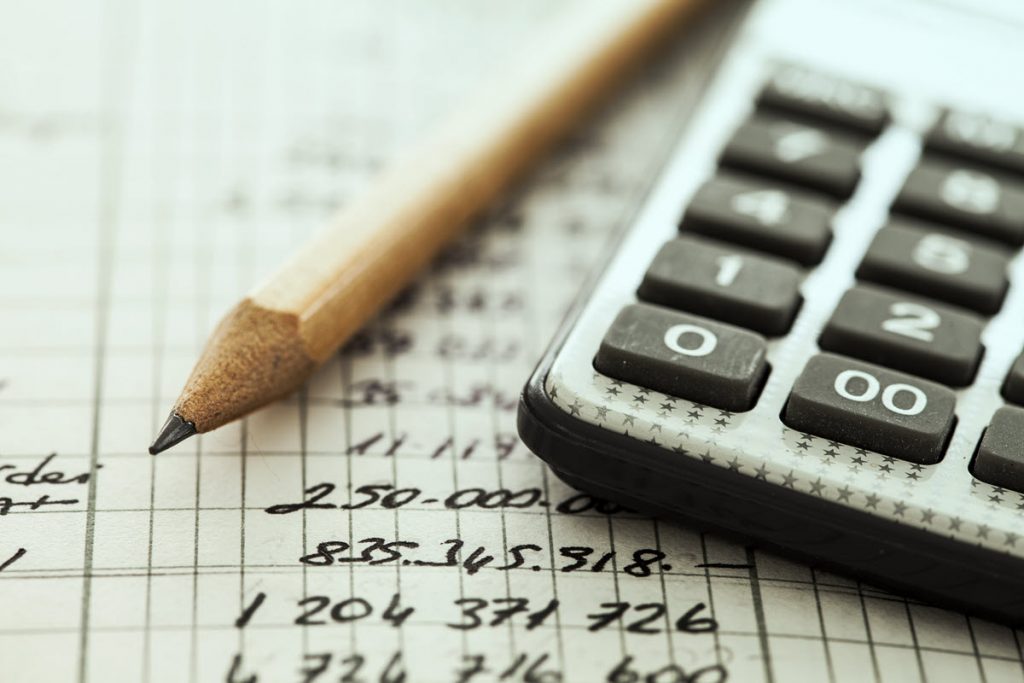The inclusion or exclusion of specific items in determining the taxable measure to report for sales and use tax reporting purposes is not always straightforward. The correct sales tax treatment and reporting of items such as trade discounts, coupons, rebates, returns, delivery, trade-ins, finance charges, and bad debts are just a sampling of the many items that may be perplex sales and use tax return preparers.
The Importance of a Reverse Audit
Determining the measure on which tax is based is paramount in the event of a sales and use tax audit. A compliance tax reporting system that improperly determines the amount of sales and use tax to collect may result in under collection, or tax being accrued at the wrong amount for purchases where use tax is due. In addition, controls must be in place to properly document exempt sales, sales for resale, or similar activity not subject to tax.
A reverse audit for sales and use tax is similar in many aspects to the sales and use tax audit conducted by the state. When you are audited by the state, the changes made to correct tax deficiencies is reactive and often costly. The objective of the reverse sales and use tax audit is to ensure compliance prior to a sales tax audit by proactively to identifying tax exposure and compliance errors.
How Southwest Sales Tax Solutions, LLC can Assist
Southwest Sales Tax Solutions, LLC will study and evaluate your business to understand the nature of operations and the sales and use tax statutes applicable to your business transactions. The study and evaluation will be documented, and recommendations made. Finally, when the reverse sales and use tax audit is completed, a written report will be provided detailing the sales and use tax statutes applicable, and recommendations to reduce tax exposure.
